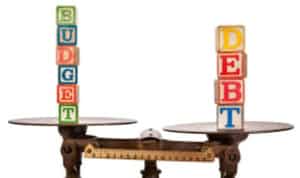We hope that you and your family are safe, healthy and secure during this COVID-19 pandemic. Ira Smith Trustee & Receiver Inc. is absolutely operational and Ira, in addition to Brandon Smith, is readily available for a telephone consultation or video meeting.
financial literacy month
The History of Financial Literacy Month
A national month dedicated to promoting financial literacy and financial education is celebrated every year, with the aim of teaching citizens effective financial habits. Canadian Financial Literacy Month is held every November.
Some of the country’s financial institutions and nonprofit financial educational organizations are promoting the month and supporting financial literacy efforts by creating educational materials, making financial literacy resources available and hosting financial literacy programs and events centred around personal finances.
Children are welcome to participate in Financial Literacy Month. It can be said that it is also a financial literacy for youth month. In this Brandon Blog, I describe how Financial Literacy Month can be used by anyone for personal finance education. It will equip Canadians with practical tips and financial tools to make informed financial decisions relevant to their financial situation and gain confidence around money.

The Goals of Financial Literacy Month
This year Financial Literacy Month in Canada is 11 years old. It is the goal of this month to educate Canadians so that they will be able to:
- Invest in their future and the future of their children by providing for themselves and their families.
- Understand their rights and responsibilities when it comes to their finances.
- Give back to the community in a positive way.
- Increase financial literacy among students and adults alike.
All these efforts translate into promoting, advocating for, and supporting financial literacy efforts across the country.
During COVID, Canadians Need Financial Literacy Month More Than Ever
Why is financial literacy important? In order to protect consumers, the Financial Consumer Agency of Canada aims to improve their financial literacy. Canadians need to have the knowledge, skills, and confidence they need to select the right financial products and services in light of the increasingly complex financial market. Personal and economic benefits accrue from financial literacy. Learning the basics of money today is as vital as it was 2,000 years ago!
By acquiring financial literacy, people are able to know what they need to know before they take on debt or invest in assets. This is especially true when it comes to major life purchases like real estate. You should be knowledgeable about issues such as credit cards, mortgages, insurance policies, investments, retirement planning, taxes and more. Knowing your options better will help you make an informed decision. Being financially literate involves managing one’s own finances effectively.
This year is probably especially more true than ever. As Canada is trying to get its economic situation ramped up again and things back to normal, the government funding for the various coronavirus income supports is ending. People will have to get back to the basics of understanding what their after-tax income is and sticking to a balanced budget so that they do not incur budget breaker expenses.

Financial Literacy Month: 5 Steps to Financial Wellness
- Do not procrastinate. We have Financial Literacy Month for a reason. Having a good understanding of and prioritizing your finances is important. By not putting off your complete understanding of your finances you will build a healthy relationship with money.
- Don’t overthink things. People think that their finances are confusing and complicated. When you are starting out on your financial journey, it’s important to not get caught up in the complexities. Just deal with the basics and build from there. Start with writing down what your financial plan is, track your after-tax income and your expenses. List your assets and your debts. This is the complete list of what you need to do to start. Those are the basics that will give you a proper foundation. It is not more difficult than that. You can then show that information to your accountant, financial planner or a relative or friend who is more knowledgeable than you. From those 4 basic items, they can then help you build a budget that works. They will help you build an even more extensive list of things to think about. It will also show you whether or not you need to think about earning extra income with a side gig.
- Check your credit report. Using the search function above, you can find many of my blogs on the topics of your credit score, credit report, and Canada’s two credit bureaus: Equifax and TransUnion.Every year, you can obtain a free credit report from each bureau. However, neither of these credit reports includes your credit score. Your credit score is a number that comes from a complex math equation representing all the information contained in your credit report. There will be instructions on each company’s website on how to obtain your free credit report. Annually, you should order your credit report and check it for errors. If there is an error, write Equifax or TransUnion and request that the mistake be corrected immediately by providing your proof.
- Retrace your steps. It is vital that you have an accurate picture of the amount of money you will have in the future to spend and how you will spend it. Your household budget serves this purpose. In order to do this, you need to review your historical income, expenses, and taxes. Make a decision about the source and amount of income you expect in the future and decide whether it will come from the same or different sources. Take a look also at the expenses that you will incur. Whether it was paid for with cash or first charged to a credit card, all of them. Starting with a realistic and accurate picture is the only way to plan for a successful future.
- Use Financial Literacy Month to establish financial goals. Each person’s financial goals will take a different amount of time to accomplish. Short-term goals are those that can be completed within a year. Every goal should have a specific purpose, a dollar amount, and a realistic deadline. Then there are your mid – term goals. These will take more than 1 year to accomplish, but no more than say 3 years. You should make sure they are flexible and realistic. Having too high a goal will cause frustration and prevent you from achieving it. Debt reduction should be both short- and mid-term goals. A debt management plan should be part of your overall budget. An emergency savings fund should also be established. It will take even longer to achieve long-term financial goals. Regular savings is critical to achieving them. A larger savings plan should be implemented as your budget allows for it. Your success and happiness will increase the more goals you achieve. This is why you should set attainable financial goals which include long-term savings. Goals can also change over time. Occasionally, life’s fluctuations force us to reevaluate our goals or even toss some altogether. This is all part of your financial education. It’s important to remain committed to your successful financial future.

financial literacy month
National Financial Literacy Month: 30 Days To Celebrate, Learn And Share
As indicated above, shortly the Canadian Financial Consumer Agency, financial institutions and other financial education centres will be advertising many resources, including financial literacy books, to help you further your financial education. Whether you are looking for basic literacy basics about money or more advanced money management education, there will be something for you.
I hope you enjoyed this Financial Literacy Month Brandon Blog post. Are you worried because you or your business are dealing with substantial debt challenges and you assume bankruptcy is your only option? Call me. It is not your fault that you remain in this way. You have actually been only shown the old ways to try to deal with financial issues. These old ways do not work anymore.
The Ira Smith Team utilizes new modern-day ways to get you out of your debt difficulties while avoiding bankruptcy. We can get you the relief you need and so deserve.
The tension put upon you is big. We know your discomfort factors. We will check out your entire situation and design a new approach that is as unique as you and your problems; financial and emotional. We will take the weight off of your shoulders and blow away the dark cloud hanging over you. We will design a debt settlement strategy for you. We know that we can help you now.
We understand that people and businesses facing financial issues need a realistic lifeline. There is no “one solution fits all” method with the Ira Smith Team. Not everyone has to file bankruptcy in Canada. The majority of our clients never do. We help many people and companies stay clear of bankruptcy.
That is why we can establish a new restructuring procedure for paying down debt that will be built just for you. It will be as one-of-a-kind as the economic issues and discomfort you are encountering. If any one of these seems familiar to you and you are serious about getting the solution you need, contact the Ira Smith Trustee & Receiver Inc. group today.
Call us now for a no-cost consultation.
We will get you or your business back up driving to healthy and balanced trouble-free operations and get rid of the discomfort factors in your life, Starting Over, Starting Now.
We hope that you and your family are safe, healthy and secure during this COVID-19 pandemic. Ira Smith Trustee & Receiver Inc. is absolutely operational and Ira, in addition to Brandon Smith, is readily available for a telephone consultation or video meeting.
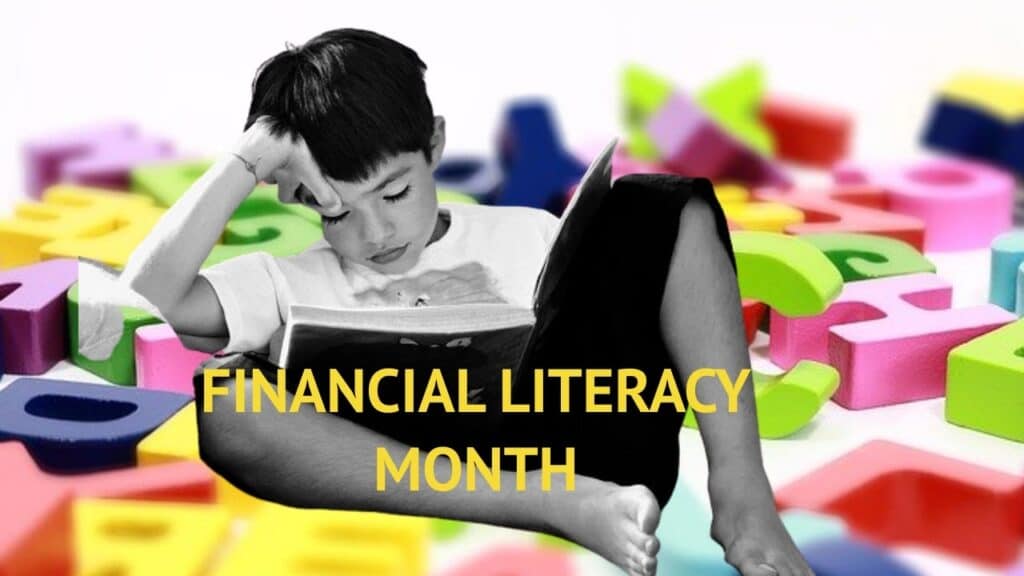

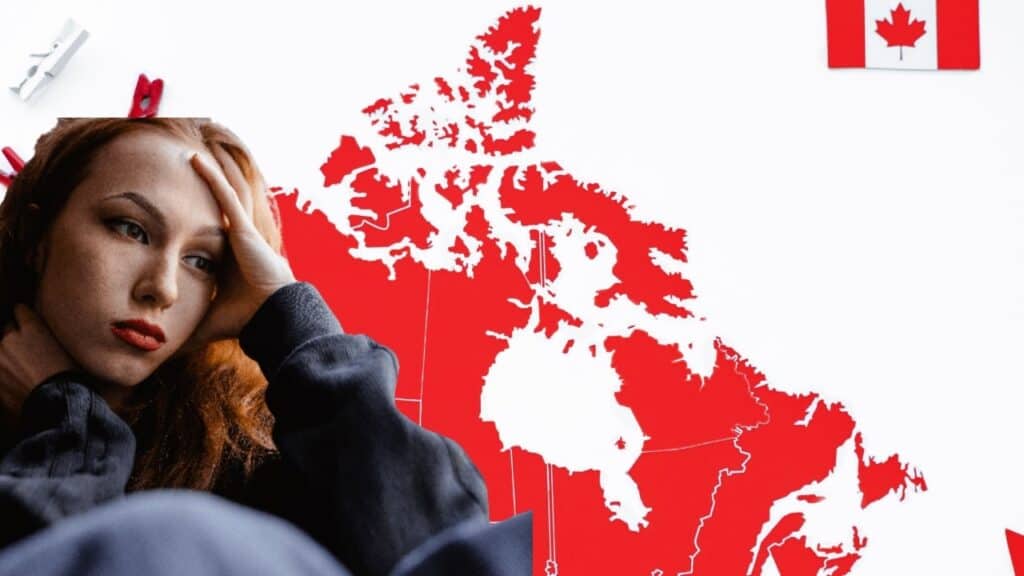
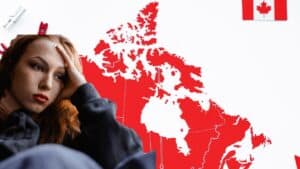


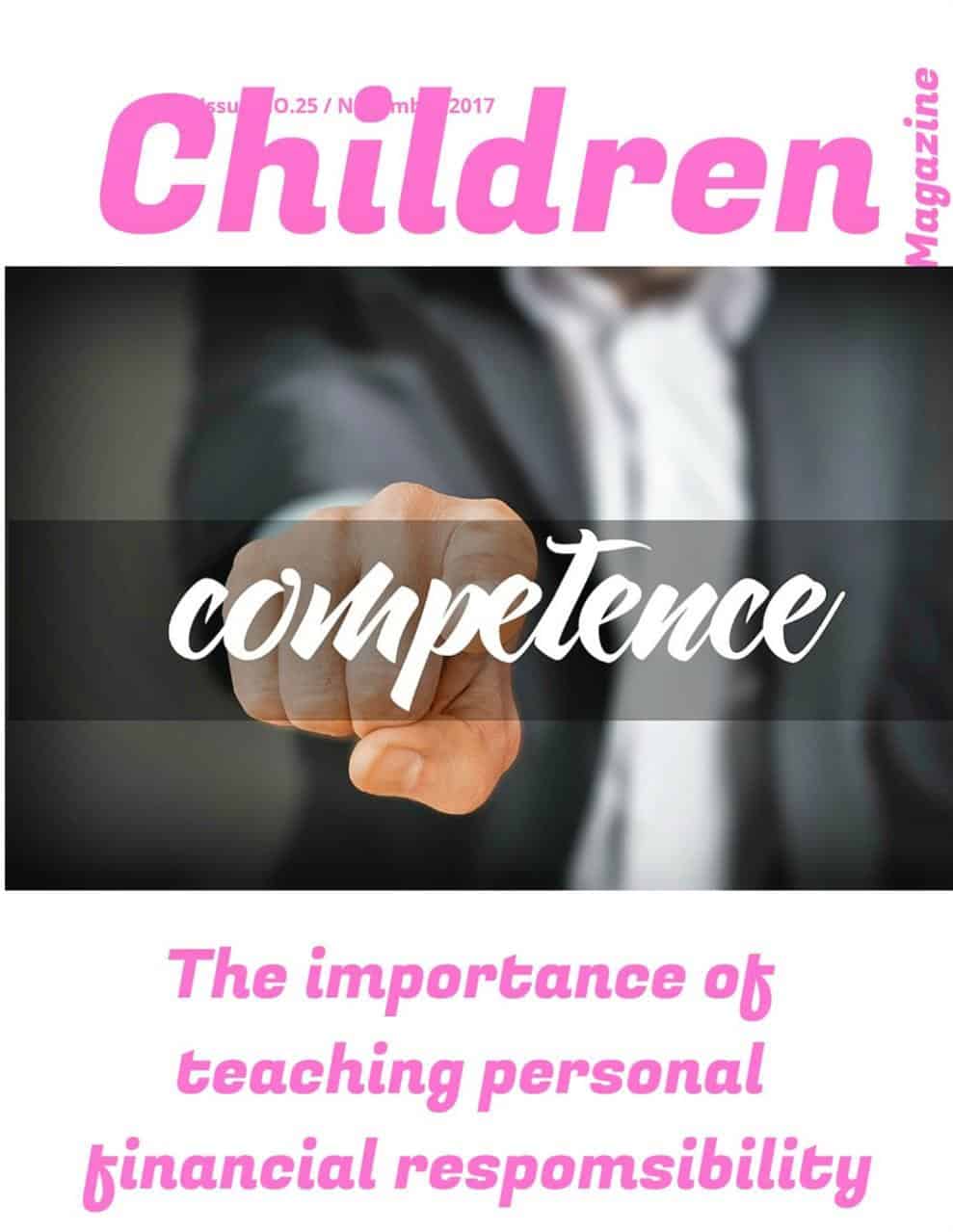
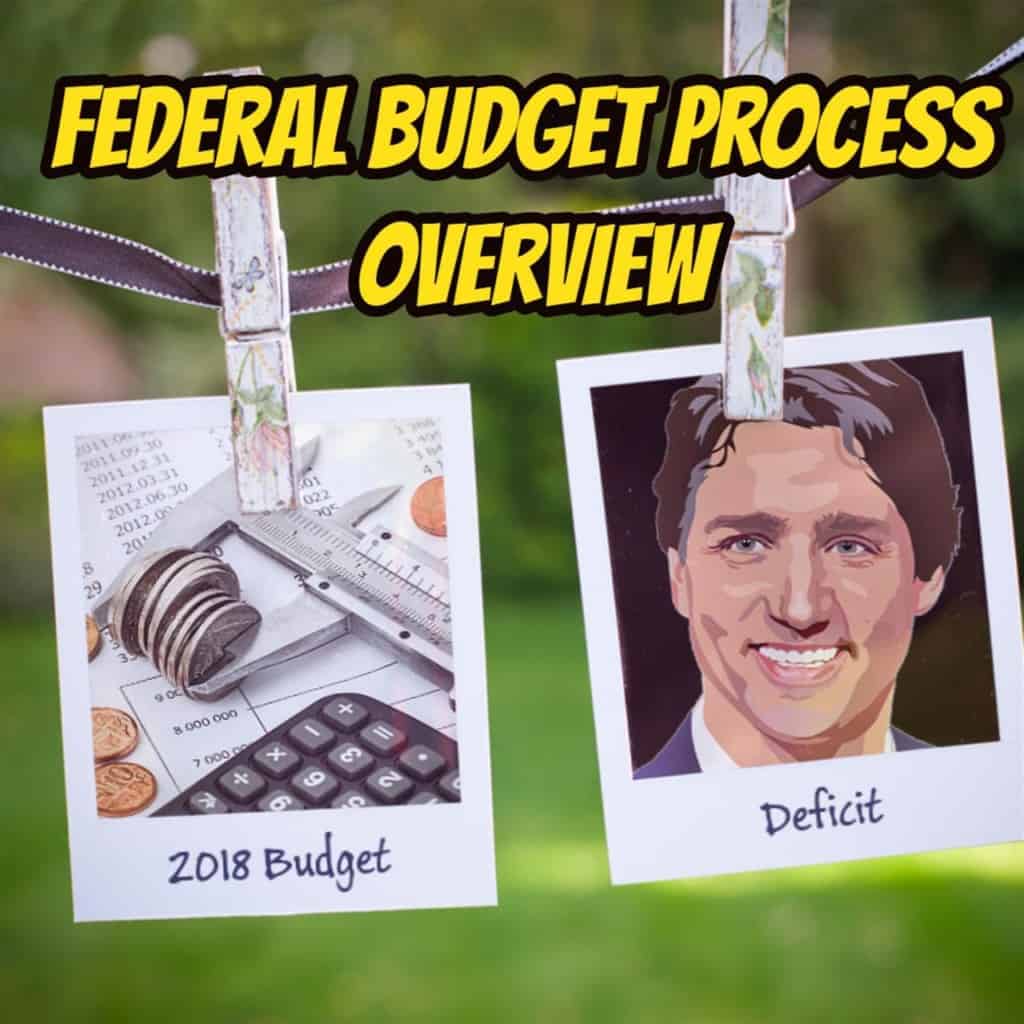



 Financial security planning process: Introduction
Financial security planning process: Introduction


